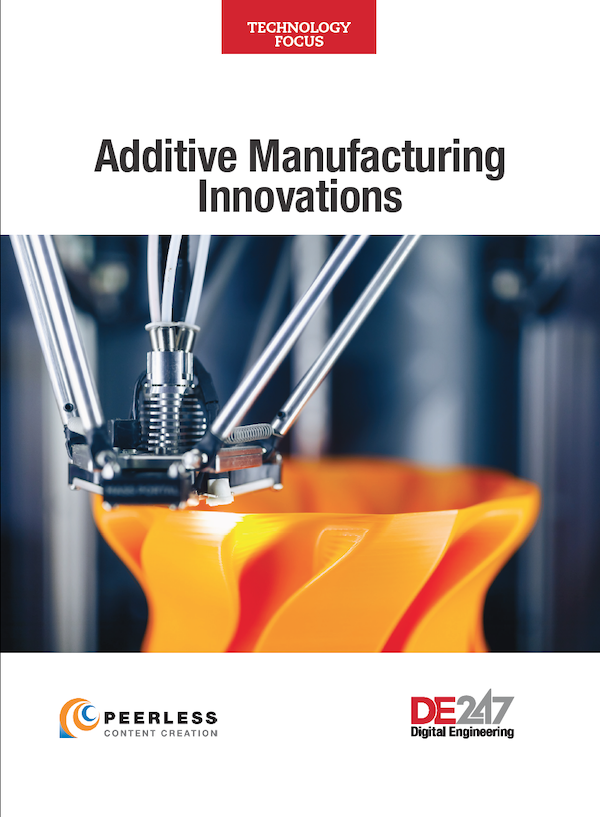Foundry Data Analyzer Released
Data Analyzer, together with the other software modules, provides for non-destructive inspection of printed parts.

Real-time control of Joule Printing. The system captures print video and process control data. Image courtesy of Digital Alloys.
January 8, 2021
Foundry is Digital Alloys’ software platform for implementing Joule Printing in production applications and delivering efficient operation of printers at factory scale. Some of the modules in Foundry include Build Planner, and Printer Console & Operations Manager. The latest to be featured is Data Analyzer, a software platform for quality assurance and data analysis. Data Analyzer, together with the other software modules, provides for non-destructive inspection of printed parts—a capability for quality control in a Joule Printing factory.
Joule Printing and Foundry deliver a repeatable production process through three components. Printer Console powers the first two components: closed-loop process control, and process data management. The third component, powered by Data Analyzer, is QA and data analysis using the data captured by Printer Console.
Joule Printing provides fine-grained real-time process control of the elements essential for quality metal 3D printing, and records data from the control system in real-time at millisecond intervals. Embedded algorithms control the three key elements:
- Printer Management—The system provides an automated and intuitive interface for operating each printer. It also provides remote monitoring for supervision of a fleet of printers.
- Process Control—The Printer Console operates embedded control algorithms that ensure that the Joule Printer delivers fast, low-cost, high-quality parts in a consistent fashion.
- Print Data Management—The software captures data for post-print analysis and quality assurance (QA), including print configuration, process data, video and metadata for cataloguing a large number of prints.
- Data Management for Manufacturing Execution System and Enterprise Resource Planning (MES/ERP)—A Joule Printer fleet will be part of a larger production facility. As such, it should be easy to integrate with MES/ERP systems, and provide data for cost analysis, inventory management and optimizing the scheduling and use of printers.
- Maintenance, Repair and Operation (MRO)—Foundry provides capability for monitoring and tracking needed for maintenance and repair of the printer fleet.
The tight control of process parameters allows the system to deliver consistently dense (99.5%+), strong, isotropic parts. Printer Console logs the process data together with video of the print, configuration parameters, and other key measurements to provide the capability for post-print analysis.
After printing, the operator or QA technician can use the Foundry Operations Manager to retrieve data for any print run. A table of prints provides a real time view of activity with links to Data Analyzer. With a single click, the user can select a specific part ID to launch Data Analyzer and open a complete record of the print, including configuration data, video, and recorded process data. The rich platform and tool set of Data Analyzer is then used for QA & data analysis.
Data Analyzer allows viewing and analyzing data from the many sources captured in Foundry. It provides a simple GUI for selecting, filtering, and plotting data streams – eliminating the need to download data files to an external software package. Data Analyzer allows the creation of custom plots for process signals. The graphs can then be manipulated and navigated to focus the data on informative events (as shown in Figure 4). As an example, a QA technician could use this capability to identify regions where a print process deviated from preset operating bounds.
The capabilities of Data Analyzer—including the ability to explore correlations between process parameters, material properties and defects—provide a backbone for non-destructive quality assurance of printed parts. Data Analyzer provides a data backbone that will be used to power a machine learning approach to automating the QA process.
Sources: Press materials received from the company and additional information gleaned from the company’s website.
Subscribe to our FREE magazine, FREE email newsletters or both!
About the Author
DE’s editors contribute news and new product announcements to Digital Engineering.
Press releases may be sent to them via [email protected].






